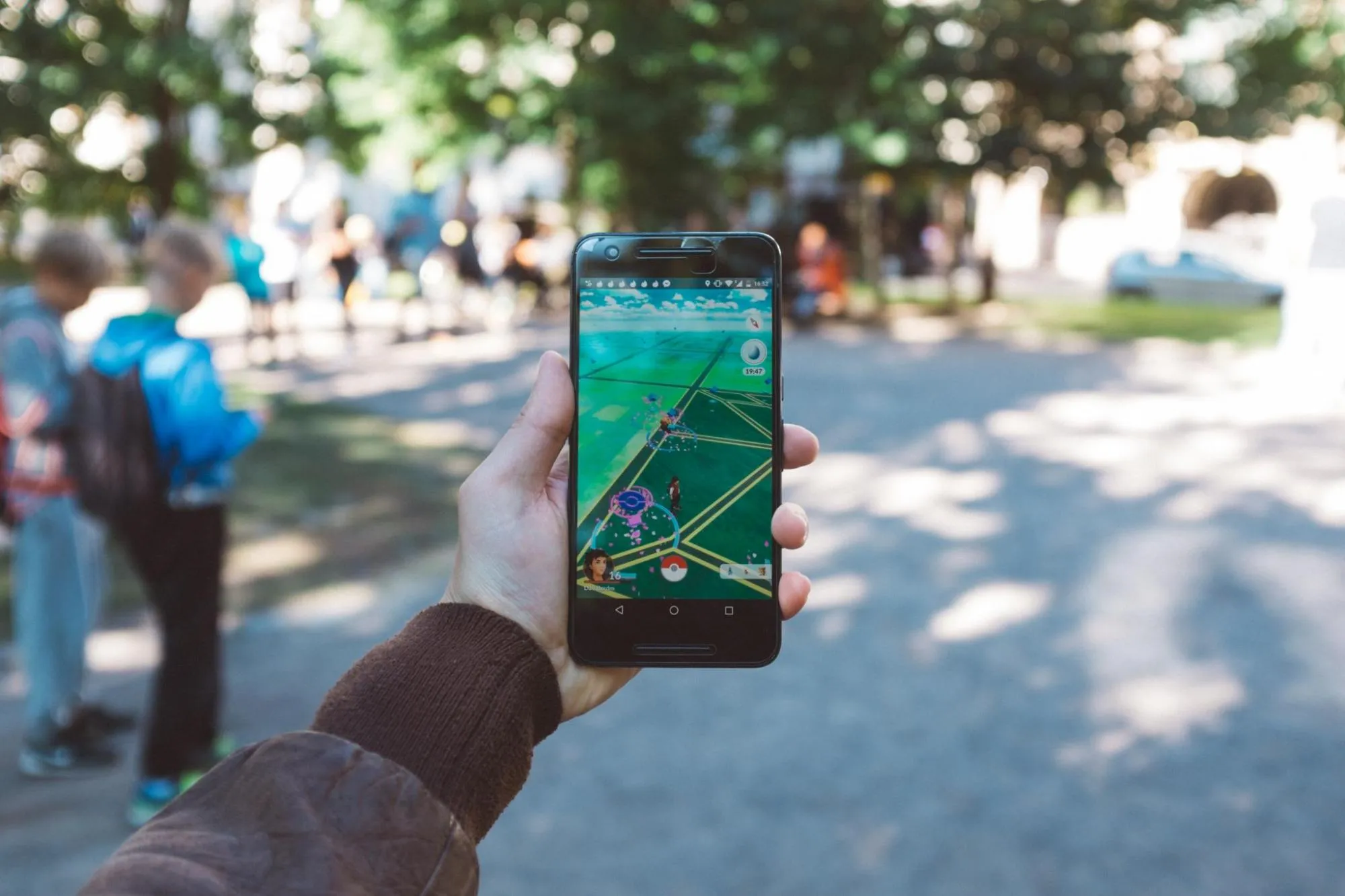
DigitAS: The Digital, Affects and Space
- Hosting-Organisationen
- Uni Innsbruck - Institut für Geographie und IGF - Institut für Interdisziplinäre Gebirgsforschung
- Verantwortliche Personen
- Tabea Bork-Hüffer, Katja Kaufmann, Niklas Gudowsky und Martin Rutzinger
- Beginn
How digital media and augmented reality change our perception of public places
How does a Twitter tweet, a Facebook post or a YouTube video shape how we feel about a public park? And what if we consume such media content in real-time and on-site using augmented reality technologies? How would this augmented reality change the way we use public places, feel about security, interact with others and how would it ultimately affect the cohesion of society? And if we react highly emotional to digital media portraying public places positively or negatively, how susceptible are we then to manipulation?
We are living in the midst of a spatial revolution where online and offline worlds increasingly converge. Digital media already shape our perception of spaces, e.g., through navigation systems that structure our geographic reality, through social media that bombard us with geo-tagged photos, videos and comments of cities, restaurants, or attractions. Yet, in face of the recent leap in augmented reality technology, our perception of space will once again profoundly change. The research gap on how this development affects individuals and society at large is still wide. Meanwhile, the field is lacking methods to adequately measure and understand how digital content impacts people‘s affective-emotional experience of spaces. The project DigitAS – acronym for „The Digital, Affects and Space“ – will develop new methods to tackle these pressing issues and will establish the infrastructure for further collaborative research and education in the field.
By selecting two highly debated public places in Austria as test sites – Rapoldi Park in Innsbruck and Venediger-Au-Park in Vienna – DigitAS will contribute a much-needed academic perspective to current debates on security and policing of public spaces. Results of the project will be shared with the public and authorities in two scenario workshops, in Innsbruck and Vienna, respectively. As part of the workshops, the DigitAS team seeks to discuss desirable future scenarios of development and necessary regulation of augmented and virtual reality with all invited stakeholders.